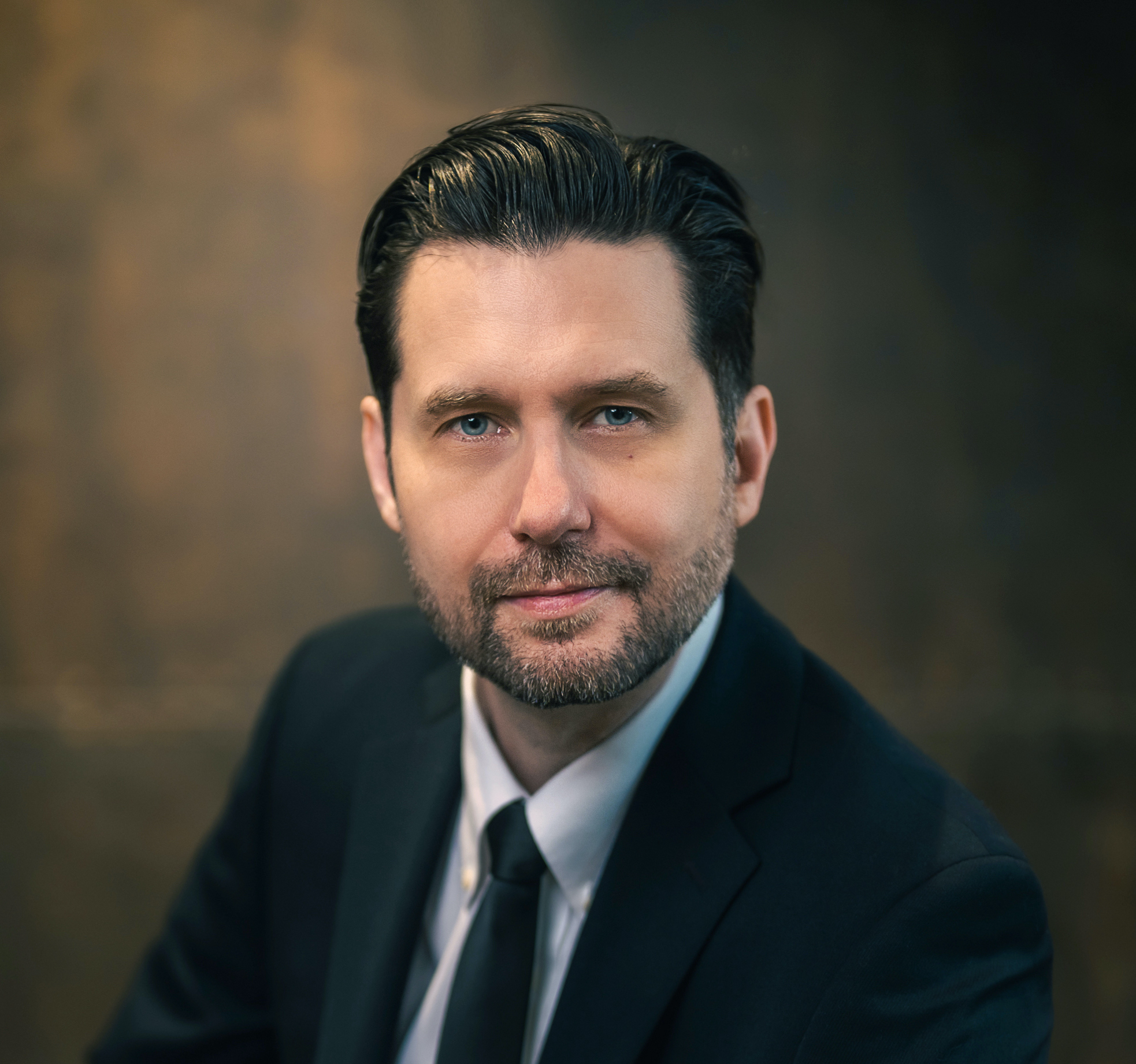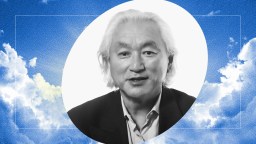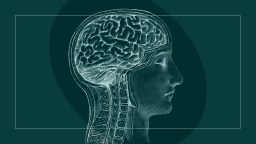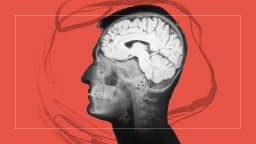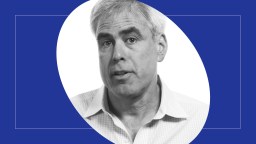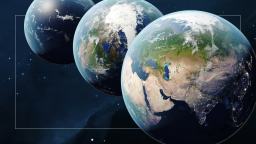
Do we inhabit a multiverse? Do we have free will? What is love? Is evolution directional? There are no simple answers to life’s biggest questions, and that’s why they’re the questions occupying the world’s brightest minds. Together, let's learn from them. Welcome to The Well, a publication by the John Templeton Foundation and Big Think.
“Can I explain how matter became life? Yeah, rocks to dinosaurs is one, yep.
Assembly Theory challenges the notion that life is vastly impossible, because Assembly Theory explains how rocks, step-by-step, by grinding together, undergo selection, and produce complexity, step-by-step-by-step. This is something that we are able to quantify very carefully.”
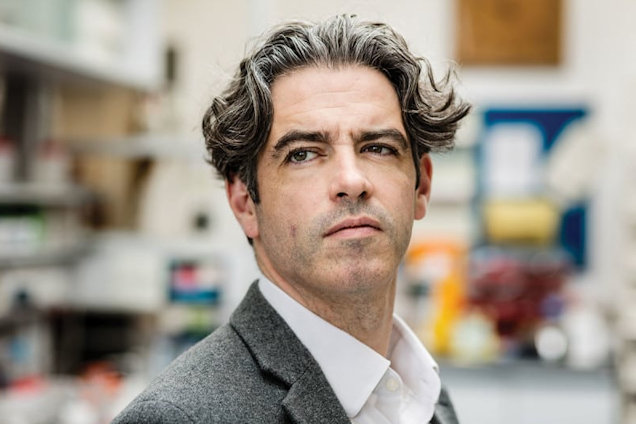
“Common wisdom says we have a self and that self is the source of our free will, but...
the subject of the self is riddled with paradoxes. Because the mind has been categorized as something “nonphysical,” its definition alone places the self outside of physical cause-and-effect, and beyond the scope of science. However, as with many philosophical quandaries that involve the proposal of a thesis and the emergence of a counter-thesis (or antithesis, in the words of Hegel), a synthesis often emerges, reconciling seemingly disparate views into a more coherent and sensible perspective.”
